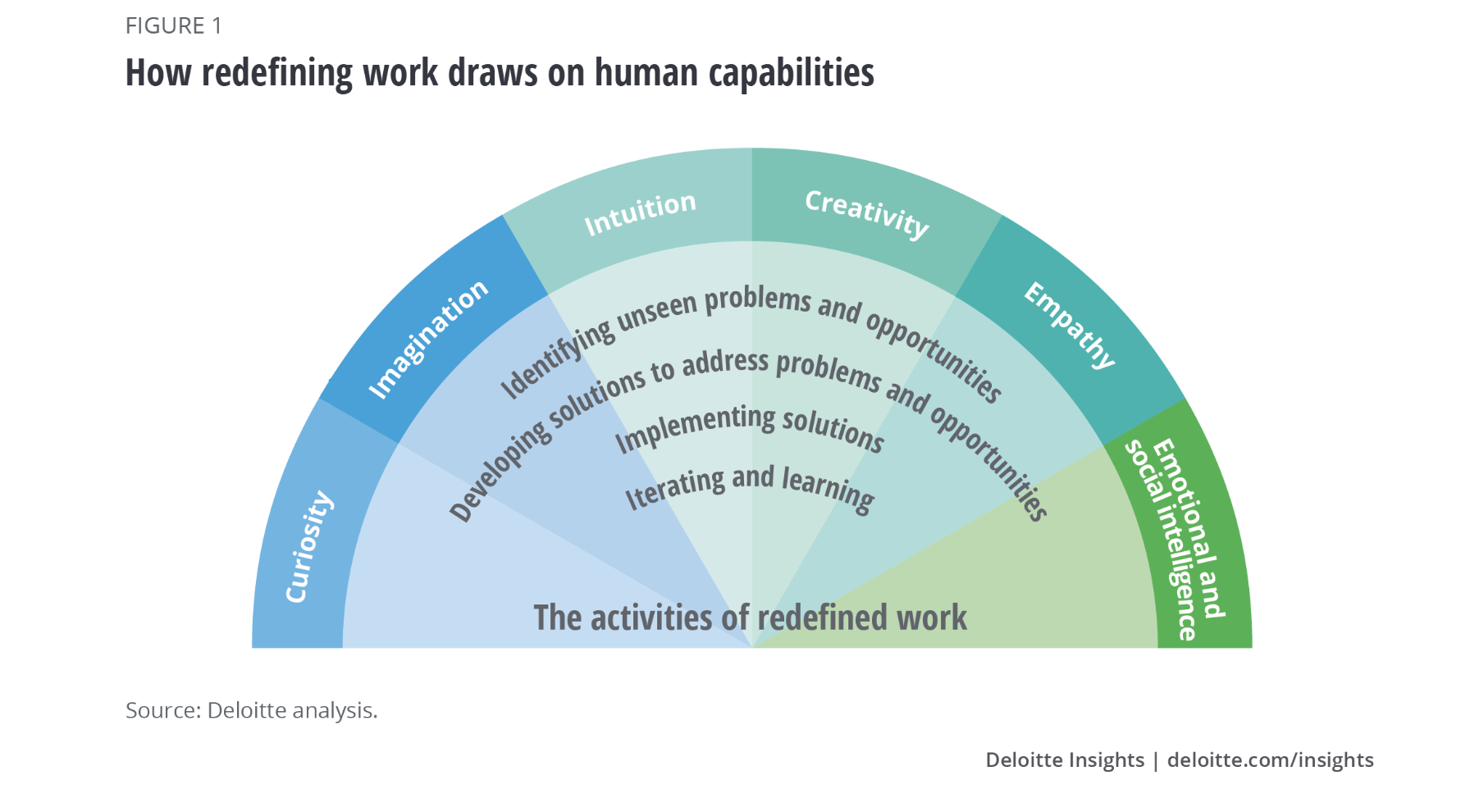By: Naomi Matlow
“My iPhone doesn’t work.”
“Check out my new work.”
“I’m late for work.”
“I don’t know how that’s supposed to work.”
In the 21st century, we probably don’t go a single day without referencing work in our daily conversations. But how do we really define it? And what if there was something in the definition of the verb and/or noun that carries a clue to what work is supposed to be.
Let’s start here:
The Cambridge Dictionary defines work as, “an activity, such as a job, that a person uses physical or mental effort to do, usually for money.”
I think it is important to stress the inclusion of the concept of effort, even before mentioning money. Perhaps the concept of effort illuminates a potential answer to the ever-present question humans have been asking for centuries, “should I turn my passion into my work?”. But firstly, how do we find our passion?
Passion with a Capital “P”
The notion of finding our personal passions is an intimidating one. It can be overwhelming to even know where to look. Ultimately, we find our passions by cultivating our interests. Research suggests that there are two ways to cultivate interests into passions, and as a result, there are two ways of bringing passion into the workplace.
- You can look for or create work in your fields of interest and out of a place of passion.
- Or you can look for the things that interest you about your work, and it doesn’t have to be about the work itself. This can take many different forms. Your passion can lie in the people you are serving, the challenges you face, the learning process, or in the ultimate goal.
No matter where your interests lie in the office, it is important to find something to be passionate about beyond the effort that your work requires. This goes back to your personal values and how important it is to define them for yourself.
A Redefinition of Work
Earlier this year, the Deloitte Review published an article entitled What is Work? where the authors explored the need for companies to examine how they actualize their own definitions of work. They argued how the increasing use of Artificial Intelligence and technology have reframed what effort and productivity mean in the workplace. As a result, there is a desperate need for an updated definition for the concept of work itself.
The authors of the article, John Hagel and Maggie Wooll, write, “As companies begin to identify the need to redefine what work is, they will find they also need to redefine how they think about where work is done, how it gets done, when it is done, and who will actually go about doing it.”
For Hagel and Wooll, it is human capabilities (and this includes passion!), not AI, that should define the future of work. We must recall what separates humankind from all other species and technologies. It is these very things that will not make passion at work an afterthought but both a motivation and an outcome.

If you are seeking new tools to help you be intentional about your next career move, are actively looking for how to find passion in the workplace, desire a community to ask these big questions and seek more clarity regarding aligning “life” and “work”, check out our Lifestyle Incubator and join us. Let’s ask these questions together!
For further reading on this topic on the Unsettled blog:
How to Find Meaningful Work and Find Your Value In the Workplace
Unsettled is a global community for those who live and work differently.
Growth | Meaning | Adventure



